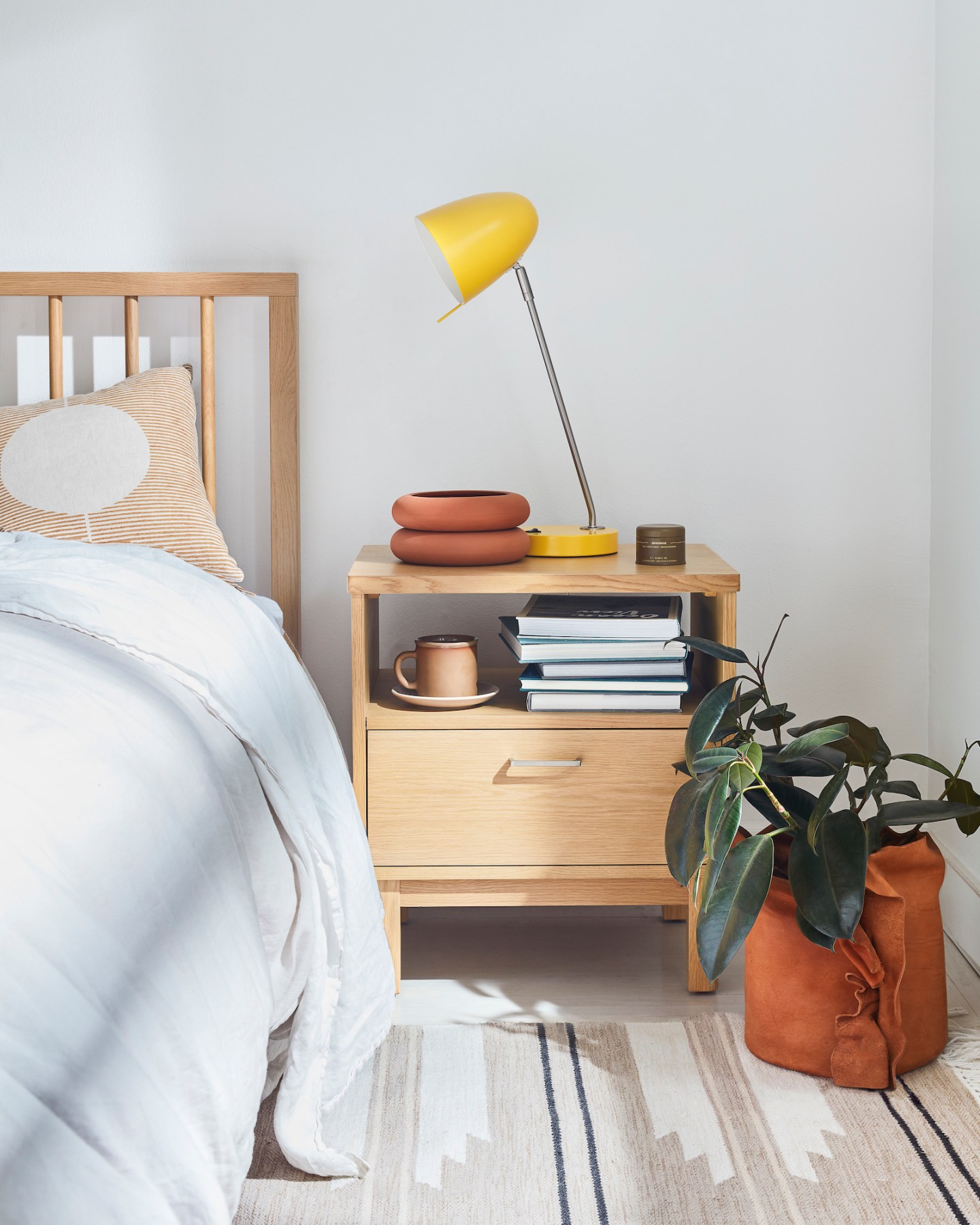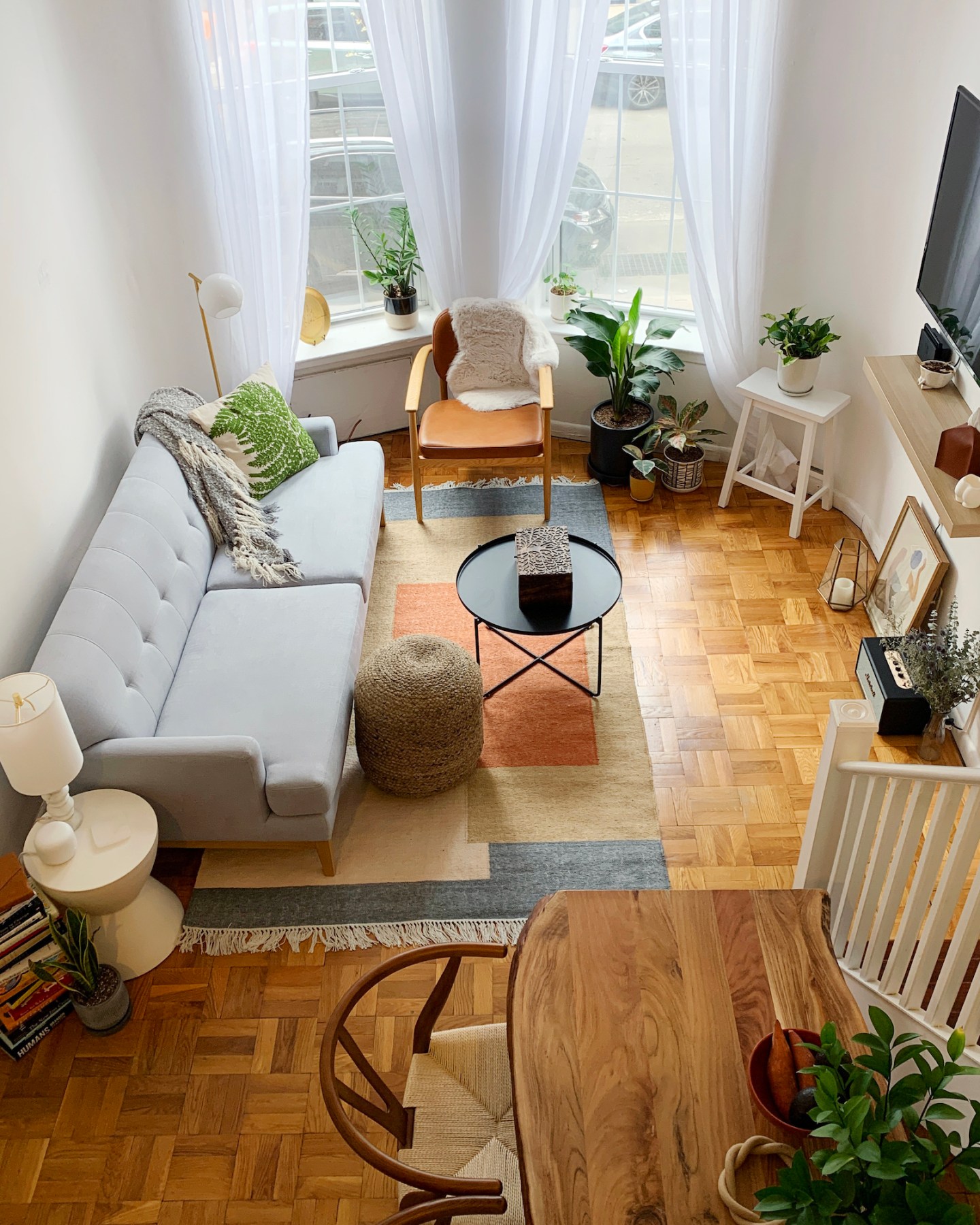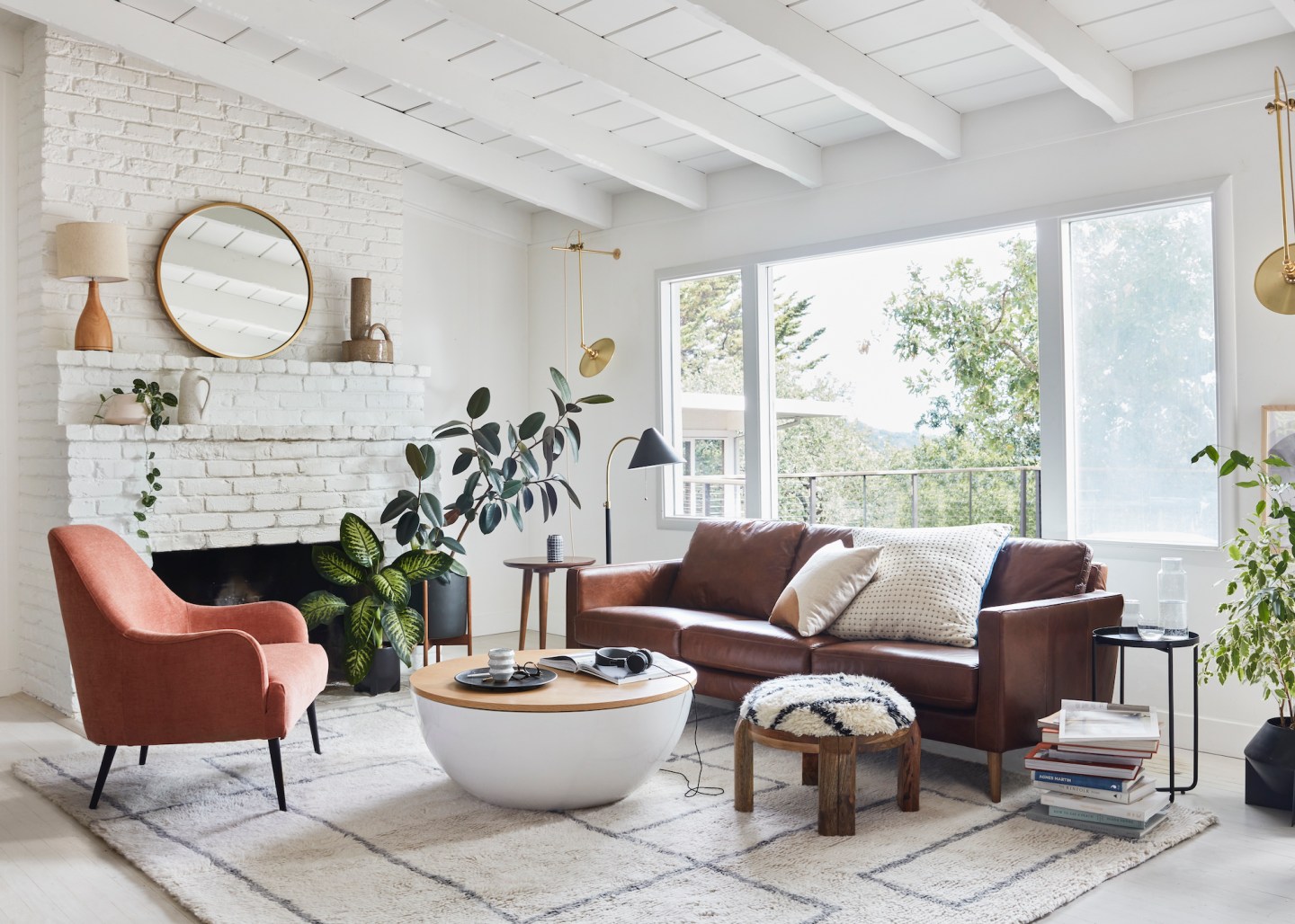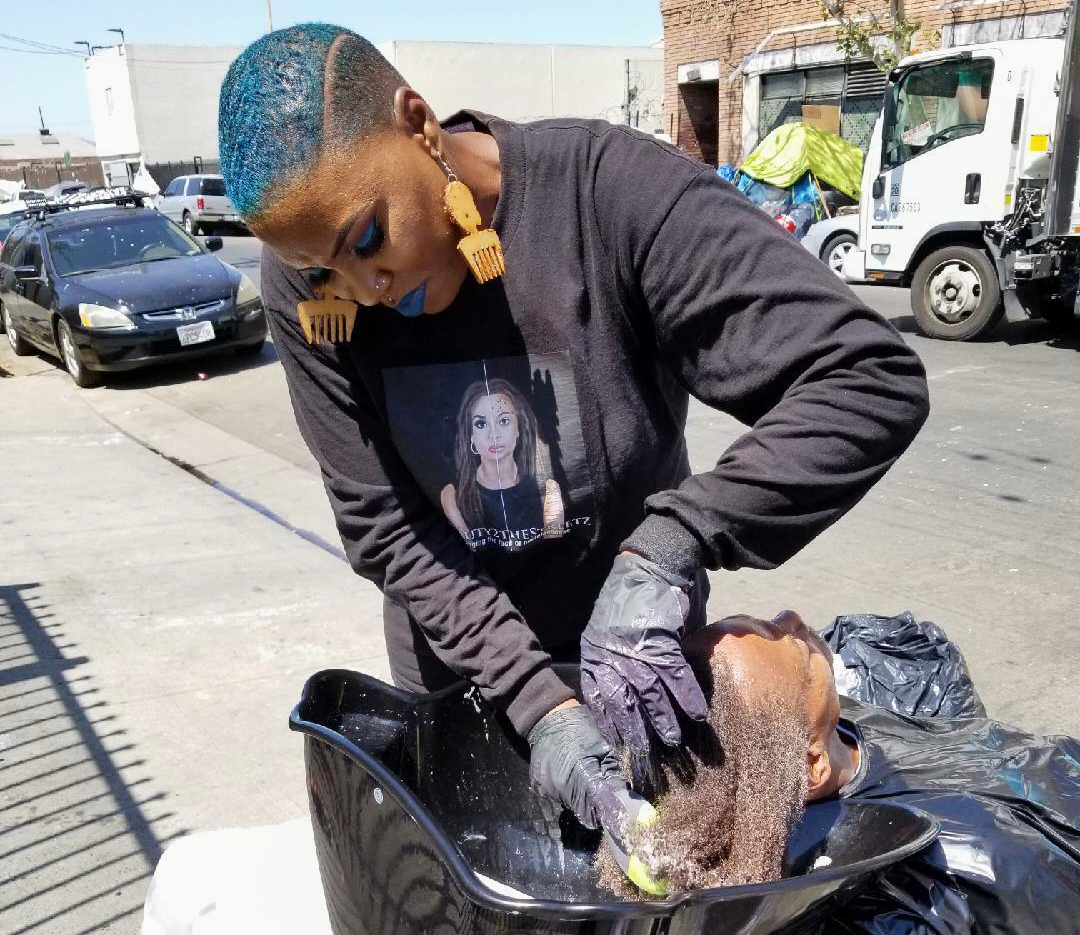There’s fast fashion and then there’s fast furniture, the latest source of environmental angst making its way to the consumer consciousness. Or at least, that’s what Jay Reno, founder and CEO of Feather, a rental furniture startup that launched in 2017, believes should be our next concern.
“We don’t think of furniture as a big waste item because we purchase it less often than clothing but according to the EPA, 7% of all household waste is furniture. That’s not okay,” he explains. Put another way, close to 10 million tons of furniture and furnishings end up in a landfill each year and 2.3 million tons of furniture are burned. Faced with such waste, Reno, whose graduate work at Columbia University focused on climate and environmental science, saw the need for a concept that would radically reduce its impact on the planet all while taking into account the evolving logistical needs of urban dwellers.
Much like the boom of resale marketplaces, Feather’s strategy is grounded in rental, reuse, and refurbishment. The company offers more than 200 pieces of exclusive furniture and home decor (for a $19/month membership plus cost per individual item) that it designs in-house and has manufactured and assembled by vetted, partner factories in countries where the required materials can be sourced locally. The majority of Feather’s proprietary items are designed with performance fabrics and component parts to facilitate repairs and chemical-free cleaning at the end of a client’s lease. For those looking for recognizable brands, Feather also offers addition a range of durable pieces from Floyd, Herman Miller, and even West Elm.

Whether it’s in using FSC certified wood, water-based finishes, glues with low V.O.C emissions (volatile organic compounds that can have adverse health implications when emitted from certain solids or liquids) or an environmentally sound 11-step cleaning process, Reno says the key to his operation is using sustainable methods to increase the lifespan of each piece. “Most companies in this business buy furniture from wholesalers that aren’t necessarily designed to last. I’d say we’re the equivalent of leather boots: with some care and polish, our goods can last 15 to 20 years.”
That rentals have become a sought-after alternative to the up-front costs of quality furniture ownership is perhaps an augury of generational instability—according to reports by Pew, more U.S. households are renting than at any point since 1965, making the idea of a permanent home more elusive than ever. Add to that the new normal of remote work and the flexibility conferred by subscription models like Feathers’ and rentals appear to be the smartest option.
Julie Yasko, a two-time Feather customer based in New York City, initially tested the company to furnish her new apartment after returning with her partner from an international sabbatical.
“Even before our trip, owning furniture was always a burden. I was tired of spending money on nice furniture that didn’t retain value after use, or cost too much to move,” explained Yasko.

After researching different options, Feather emerged as the only brand that met her aesthetic preferences and price point. When Ms. Yasko split up from her partner, she turned to Feather again to furnish her own space. “During the separation, I thought to myself, I can’t believe I need to rebuild my home… in multiple senses. And, I have to part from this gorgeous Feather sofa that we were renting together! Luckily, the company has an incredible selection and rebuilding a new life for myself, a new home, was so much easier.”
The pandemic has only amplified the rental trend. The company, which currently operates in New York, San Francisco, Los Angeles, and the D.C. metro area, has seen a 400% increase in demand for home office items and a 260% jump in requests for comfortable essentials, such as sofas, chairs and beds, since the start of COVID-19.
But beyond convenience, Reno sees Feather’s influence as part of a broad environmental shift. “I went into business because affecting change through policy takes too long,” he explains. “We can all influence the way society thinks with our wallets.” One living room at a time.












